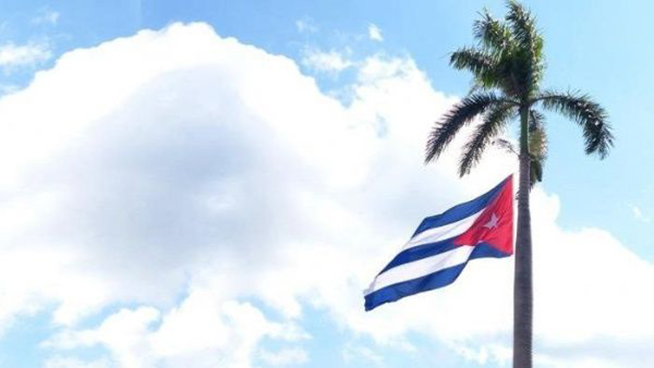
HAVANA, Cuba, Dec 30 (ACN) The improvement of government action at all levels, paramount in 2021 to meet the demands of economic development and the basic needs of the Cuban population, is based on three pillars: science and innovation, computerization of processes to support decision-making, and social communication to promote proper interaction with the citizens.
According to President Miguel Díaz-Canel Bermúdez, Cuba’s current economic battle requires the urgent management of science and innovation in order to establish stronger alliances between universities and research and production centers and advance the country's development programs.
To this end, the creation of the National Innovation Council was made official this year. It’s a consultative body of the State to assist the Cuban president and encourage the exchange of ideas among the various players involved.
Although not all sectors effectively streamline their innovative capacities, there are examples of good practice, as in the case of the biotechnology industry, a brainchild of Commander-in-Chief Fidel Castro. Its entities—under the Group of Biotechnological and Pharmaceutical Industries of Cuba (BioCubaFarma)—allowed the country, which is under constant foreign attacks and pressures, to come up with almost thirty products to fight COVID-19 now in the stages of authorization for emergency use, development and production.
Special mention must be made of the immunogens Abdala, Soberana 02 and Soberana Plus, which will allow closing the year with almost 90% of the population already beyond the complete vaccination scheme and more than one million Cubans having received a booster dose against COVID-19.
Even before the first cases of COVID-19 appeared in March 2020, Cuba had created a science group coordinated by the innovation divisions of the Ministry of Public Health and BioCubaFarma to manage and devise innovative alternatives for the fight against the epidemic.
By mid-year, 124 Cuban municipalities had an approved development strategy, whereas more than 130 programs connected universities with municipal business systems to respond to local priorities using available resources. Food production, local industry, trade, food services, sustainable tourism and renewable energies, as well as socio-cultural initiatives, are the main activities included in projects that engage state entities, non-agricultural cooperatives, self-employed workers and MSMEs.
With the drop of COVID-19 cases in the second half of 2021, the government resumed visits to the provinces in order to evaluate the progress of the said economic and social programs and meet with managers and local residents as part of a dynamic work style based on direct contact of the leaders with the people.
In these meetings, the government team, headed by President Díaz-Canel, has checked the implementation of local development policies, the progress of food production, the housing programs and the projects to replace imports and increase exports. For example, the revival of houses, schools, bakeries, polyclinics and other objects in 65 neighborhoods and communities in Havana was resumed with a view to solving the most pressing problems of its inhabitants and their environment.
The coming year brings with it the challenge of improving government management, a necessity to achieve higher levels of integration between production and research systems, engage our universities in regional programs, eliminate bureaucracy in the implementation of innovations, and strengthen the government’s interaction with the citizens.
Sidebar

 Agencia Cubana de Noticias
Líder en información nacional
Agencia Cubana de Noticias
Líder en información nacional








Nos reservamos el derecho de no publicar los comentario que incumplan con las normas de este sitio